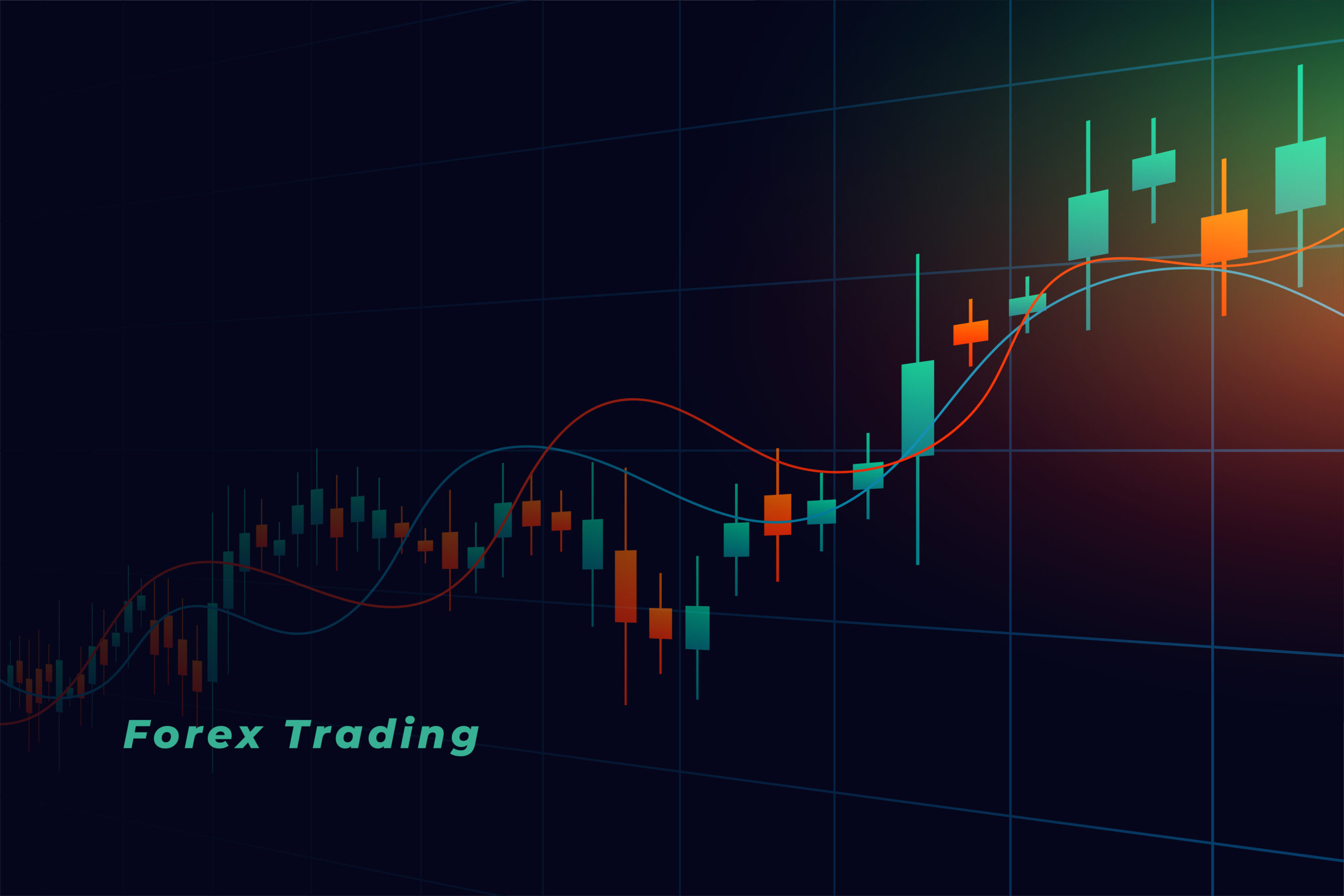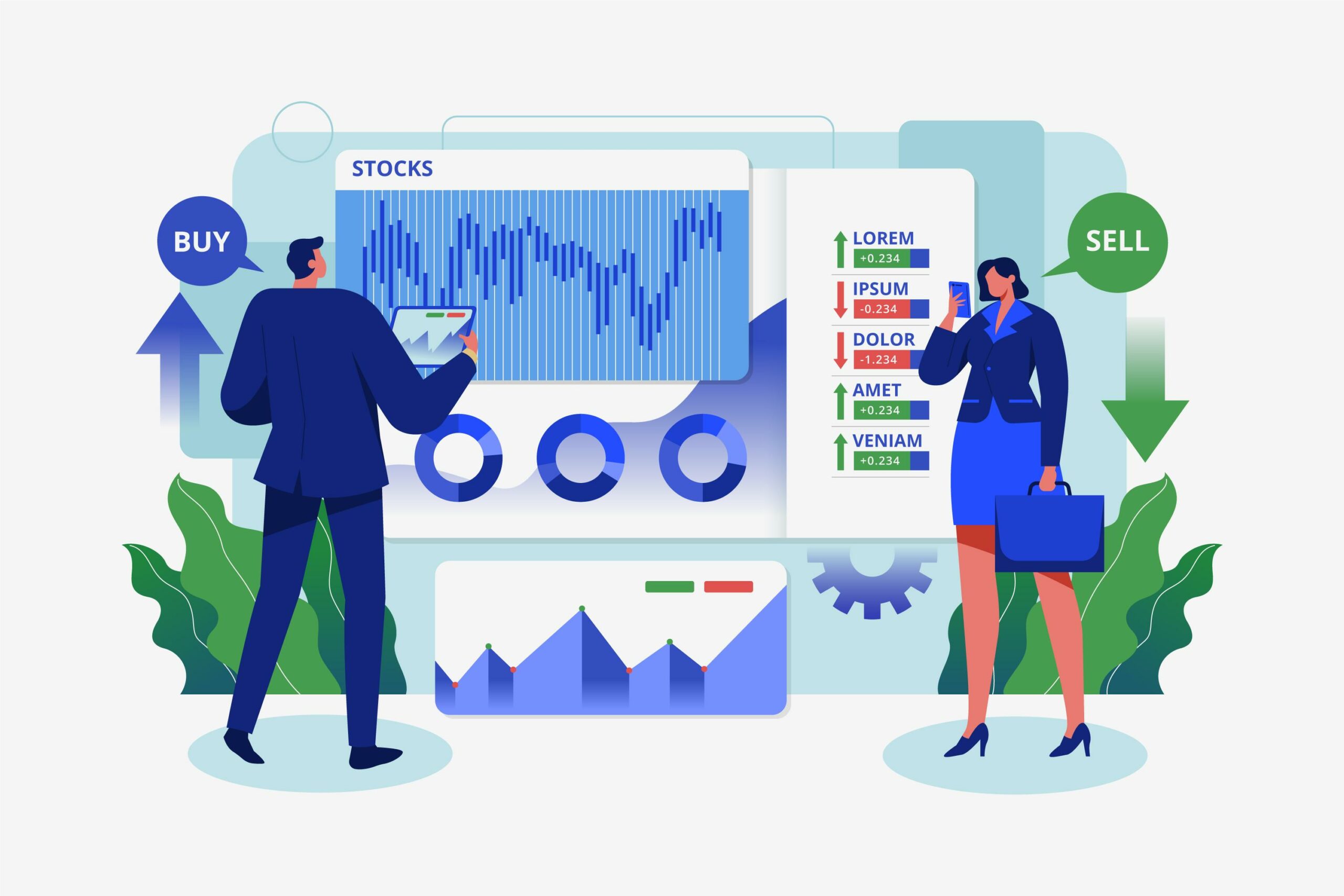If you’re considering investing, you’ve probably heard about the stock market and forex trading.
In comparing forex trading and stock trading, it is important to consider the different trading hours and risks, liquidity and uncertainty, possibilities for growth and diversification, and the effect on economic news and company-specific concerns.
Forex trading is a great way to increase capacity and flexibility. The market is accessible all hours of the day, all week long; however, it is characterized by risk and high volatility.

Stock trading can be limited to time for trading but offers the possibility of long-term growth and diversification.

Economic news can be significant for forex trading; company-specific news is more important in trading stocks. The best investment strategy will be determined by your risk tolerance, time commitment, and investment goals, as well as your knowledge and previous experience. Let’s look comparison between Forex trading and Stock trading.
Also Read: How Much Does Forex VPS Cost
Comparison of Forex Trading and Stock Trading
| Aspect | Forex Trading | Stock Trading |
| Market Size | Largest financial market with a daily trading volume of $6.6 trillion (as of April 2019) | Smaller market with a daily trading volume of around $200 billion (as of 2019) |
| Trading Hours | 24-hour trading, 5 days a week | Limited trading hours, usually during business hours |
| Trading Instruments | Primarily focuses on currency pairs | Trades stocks and other securities |
| Leverage | High leverage ratios (up to 100:1 or more) | Limited leverage ratios (usually around 2:1) |
| Volatility | High volatility due to constantly changing exchange rates | Lower volatility, but still subject to market fluctuations |
| Risk | Higher risk due to high volatility and leverage | Lower risk due to more stable markets and limited leverage |
| Profit Potential | Potential for high profits in short timeframes | Potential for long-term growth and diversification |
| Accessibility | It can be easily accessed through online platforms | Requires more research and knowledge to participate |
| Market Factors | Economic news and events have a significant impact on exchange rates | Company-specific news and events impact stock prices |
| Liquidity | Highly liquid market with constant buying and selling activity | Liquidity can vary depending on the stock and market conditions |
| Regulation | Regulated by financial authorities in various countries | Regulated by the Securities and Exchange Commission (SEC) |
| Investment Size | Can accommodate small and large investments | It may require larger investments to see significant returns |
| Trading Strategies | Short-term trading strategies such as scalping and day trading | Long-term trading strategies such as value investing and growth investing |
| Technical Analysis | Utilizes technical indicators such as charts and trend lines | Utilizes technical indicators such as charts and trend lines |
| Fundamental Analysis | Focuses on economic indicators and central bank policies | Focuses on financial statements and company performance |
| Trading Costs | Typically includes a spread and/or commission fee | Includes brokerage fees and commissions |
| Taxation | Taxed as capital gains or income depending on country laws | Taxed as capital gains or income depending on country laws |
Also read: Forex Trading vs. Regular Trading
Which is Right for You?
There isn’t one size fits all solution for deciding between stock trading. Both have advantages and disadvantages based on your preferences and the risk you are willing to take.
Forex trading is the best option if you are interested in trading on a short-term basis and have a higher tolerance for risk.
However, investing in stocks could be better if you prefer longer-term investments and want to accept lower risk.
Also read: Best Forex Broker for Beginners
FAQs: Forex Trading vs Stock Trading
Can I invest in both forex and stocks?
It is possible to invest in stocks and forex, which will diversify your portfolio by investing in different types of assets.
Is forex trading riskier than stock trading?
Forex Trading can be risky than trading in stocks because of its higher risk of volatility and leverage.
What are the best times to trade forex or stocks?
The best time to trade is based on the exchange rate, particular stock trading, and market conditions. The most popular times to trade are during market overlaps, like when New York and London markets are both open.
Can I make a living trading forex or stocks?
Making a living by trading stocks or forex is possible. However, it requires significant knowledge, skill, and experience. Most traders don’t earn an income from full-time trading by themselves.
Which has higher potential returns, forex or stocks?
Both stocks and forex can provide great returns but also high risk. Doing research and analysis before deciding to invest in any market is crucial.
Conclusion
Forex and stock trading are two distinct investment options, each with advantages and disadvantages.
Forex trading offers high volatility and the potential for quick profits in short timeframes but also comes with higher risks due to leverage and constantly changing exchange rates.
Stock trading offers a more stable market with long-term growth and diversification potential but may require larger investments to see significant returns.
Both markets can be accessed online, and investors can choose the investment option that best fits their investment goals and risk tolerance.



